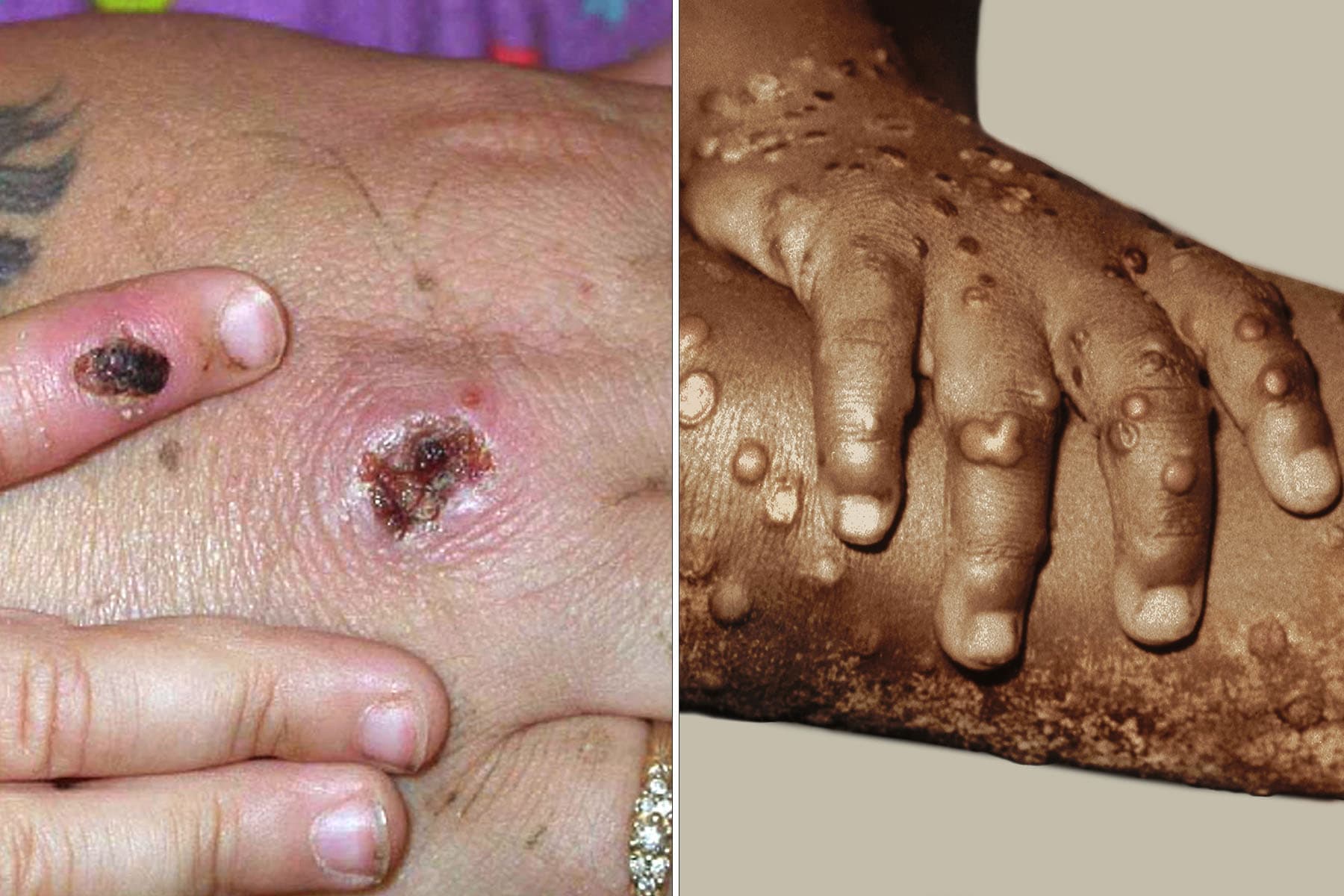
Nov. 23, 2022 – The World Health Organization plans to rename monkeypox to “MPOX” in an effort to remove stigma from the illness.
The renaming plan was first reported Tuesday by Politico and could be officially announced as soon as this week.
Monkeypox has sickened more than 80,000 people worldwide and caused 55 deaths during this year’s outbreak. Of those, 29,199 cases and 14 deaths have occurred in the United States, according to CDC data. The majority of cases of monkeypox occur in men who identify as gay or bisexual – a community that has a history of being harmed by the devastating effects of stigma.
“A stigma is a negative attitude about a person’s mental, physical or social features or group of people. It is considered a type of social disapproval when the affected person thinks that society will not accept him/her due to this condition,” according to an article published in the journal Frontiers in Public Health in September. “Such social stigma in [the] case of an outbreak can lead to many adverse effects, especially in low- and middle-income countries. That may mean people are being labeled, stereotyped, discriminated against, treated separately or are experiencing a loss of status given a perceived link with diseases.”
The virus was called monkeypox because it was first isolated in research of monkeys, according to Johns Hopkins Medicine’s summary of the illness.
The CDC has published a webpage about how to communicate about monkeypox effectively while reducing stigma, which includes suggestions such as to include images of people from diverse backgrounds and racial/ethnic groups.
The hallmark symptom of monkeypox is a rash, but other flu-like symptoms are also possible, the CDC says. Symptoms begin within 3 weeks of exposure and typically last 2 to 4 weeks. The illness is spread via direct contact with the rash and through contact with saliva, upper respiratory secretions such as mucus, and through intimate sexual contact. It can also be spread through hugging, kissing, massage, and prolonged face-to-face contact, according to the CDC.








